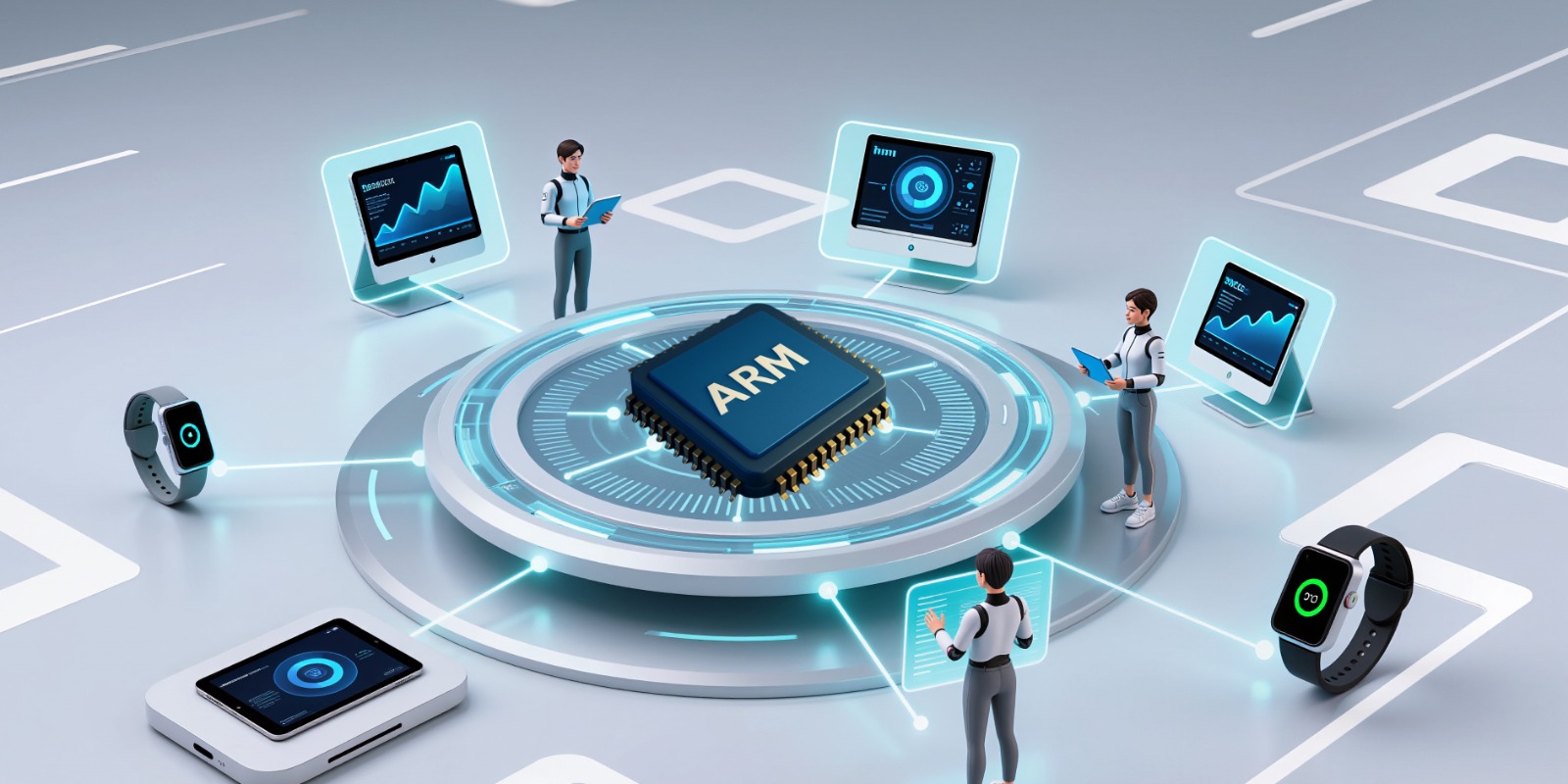Table of Contents
Imagine you’re in a science fair race, and suddenly https://sandfire.com/carbon-coating/ everyone wants the same special kind of battery. Even though one brand has been winning for years, the challenger now has the battery too — and might just upset the game. That’s what’s happening in the world of artificial intelligence (AI) chips. Recently, news broke that Meta Platforms, the maker of Facebook, Instagram and WhatsApp, is in talks to use chips built by Alphabet, the parent company of Google. This could shake up how AI technology is made, sold and used around the world.
In this blog, we’ll break down what’s going on, https://www.tooloudrecords.com/nuraghe/ why it matters, and https://medmanor.in/contact-us/ what new features and changes this might bring. We’ll keep things simple so everyone can follow.
http://www.belico.co.uk/order-tracking/ What’s going on?
Here are the key points:
- Alphabet has developed special AI-chips called Tensor Processing Units (TPUs), originally for its own systems.
- Meta is reportedly considering using those TPUs in its data-centres (places where lots of computer work happens) starting around 2027.
- When the news broke, Alphabet’s stock went up (investors got excited), and competitors’ stocks went down a bit.
- The shift shows that Alphabet wants to sell its hardware (chips) beyond just its own company and cloud services, opening a new business line.
Clonazepam For Sale Online Why this matters
There are several reasons this news is significant:
- Get Online Xanax Prescription More choice in the chip market
For years, the big players in AI-compute hardware have had few alternatives. If Meta uses Alphabet’s chips, that gives companies more choices, which can drive costs down and innovation up. - Cost and efficiency
TPUs are designed to handle large amounts of AI work (training models, making predictions) efficiently. If they perform well, companies can use less power, spend less money, and achieve faster results. - Competitive shake-up https://pacificsundental.com/contact-us/
The rumour means that companies who have dominated (like NVIDIA Corporation) might face stronger competition. That could lead to lower prices, faster innovation and different kinds of hardware in the future. - Get Online Xanax Prescription Impact on YOU Get Online Xanax Prescription
You may not buy a TPU for your home computer, but the chips in big data centres influence what kind of services arrive for you: faster AI, smarter apps, more reliable platforms.
Ambien Buy Online What’s NEW & What Features to Watch
This potential deal brings new features or changes we should watch for. Here’s what to keep an eye on:
- Order Pregabalin Online External availability of TPUs
Until now, Alphabet mostly used TPUs internally (for Google products). If it starts selling or renting them out, that’s a big shift. - Broader hardware-ecosystem growth
Meta’s interest signals that hardware moves from “just internal tech” to “platform business” for chips. That means more companies may start building, buying or designing custom hardware. - Improved AI performance for apps
As chips get more optimised, features like faster image recognition, smoother AR/VR experiences, better voice assistants and more advanced generative AI could become more common. - More competition = lower prices / higher innovation
With more chip providers, there’s pressure on cost and performance. That means apps and services might get better and cheaper over time. - Geographic and industry ripple effects
Regions and industries (like telecom, manufacturing, cloud services) may adopt more AI hardware locally or diversify their suppliers. This could accelerate AI adoption in new sectors.
What this means for the future
Putting everything together, here’s how the future might shape up:
- Alphabet may become a hardware vendor in its own right, not just a software/advertising company.
- Meta will likely diversify its tech stack (so it’s not relying on one supplier).
- AI services will increasingly rely on specialised hardware (not just generic GPUs).
- Smaller companies may benefit because hardware competition could lower barriers.
- Consumers might see more powerful AI features sooner: smarter apps, faster responses, richer experiences.
However, some caution: the deal is reported, not announced in full. It still needs to be finalised, deployed, and validated in real-world use. Hardware reliability, cost, and integration challenges all still exist.
Conclusion
In simple terms, imagine if one smartphone company suddenly decided to sell its custom batteries to another brand. It doesn’t just change phones—it changes the supply chain, competition, cost, and even what features you get. That’s what’s happening here with Alphabet and Meta in the AI-chip world.
If Meta uses Alphabet’s TPUs, we could see a much faster pace of AI-powered innovation—smarter apps, cooler features, and more competitive pricing. For tech watchers, businesses and everyday users alike, it’s a shift worth noting.



